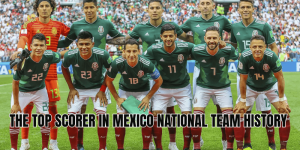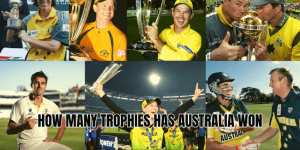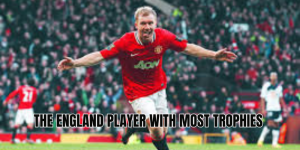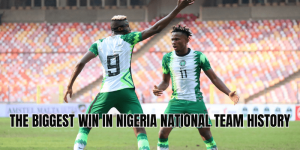In the vast tapestry of African and global football, Morocco football legends shine as beacons of talent, resilience, and national pride. From the golden generations of yesteryear to today’s global stars, these figures have carried the red and green across continents, breaking barriers, setting records, and inspiring legions of fans. In this article, KorKick will take you on a journey through Morocco’s greatest names — their stories, stats, and legacies — to remind you why they are etched into the heart of every football lover.
The Legacy of Legendary Generations
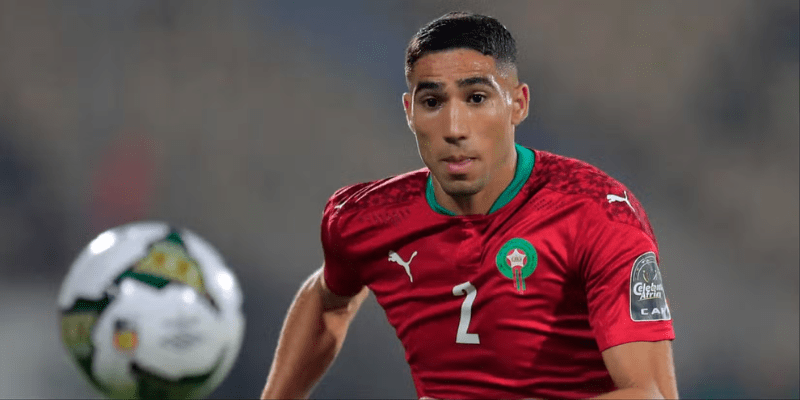
To understand modern icons, we must revisit the past — when football in Morocco was more than a sport, it was the voice of a nation asserting itself. The early legends laid the foundation for what Moroccan football would become.
Larbi Benbarek: The Black Pearl
Born in Casablanca in 1914, Larbi Benbarek earned the nickname “The Black Pearl” thanks to his artistry, dribbling, and balance. Though he never officially represented the Moroccan national team (in part due to colonial-era complexities), his European career was groundbreaking. He starred for Atlético Madrid and Marseille, and was among the first maghreb players to make a mark in La Liga and French football. His elegant style influenced generations that followed.
Hassan Akesbi: Prolific Scorer and Trailblazer
Hassan Akesbi (1934–2024) is a pillar in the annals of Morocco’s football history. A gifted striker, he scored over 100 goals in French club football, notably with Nîmes and Reims, and later returned to his homeland to contribute to domestic success. On the national stage, Akesbi played in the 1960s for Morocco and represented footballing aspirations for a young nation. His recent passing reignited appreciation for his role.
Ahmed Faras: King of Goals
Ahmed Faras (1946–2025) is often cited as one of the greatest Moroccan forwards ever. Over a 17-year club career at Chabab Mohammedia, he netted 127 goals, won domestic titles, and maintained loyalty to his club. Internationally, Faras collected 94 caps and scored 36 goals for Morocco, becoming the country’s all-time top scorer for decades. His crowning moment came at the 1976 Africa Cup of Nations, where he captained the squad to victory and was named best player of the tournament. His recent passing sharply felt through Moroccan football.
Modern Era Legends: Pillars of Success
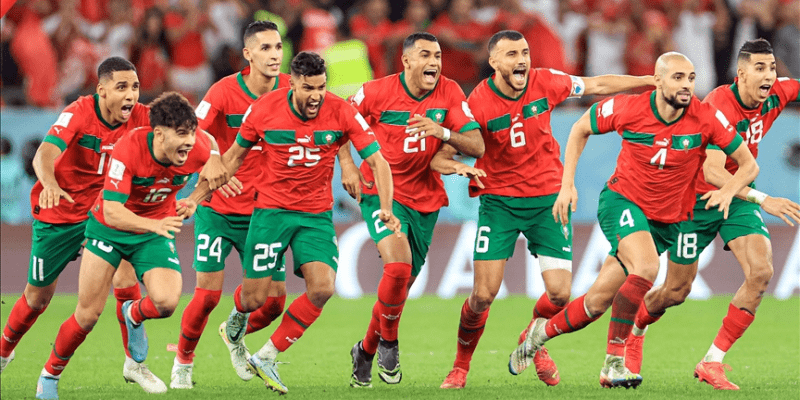
As football globalized and Moroccan talents moved abroad, a new crop of legends emerged — players who bridged domestic pride and international acclaim.
Noureddine Naybet: Defensive Rock
Central defenders rarely earn adoration, but Noureddine Naybet did. With 115 caps for Morocco and spells across Europe, particularly eight years at Deportivo La Coruña, he was a stalwart leader in defense. He won La Liga in 1999–200Deportivo and was lauded for his intelligence, aerial strength, and leadership. In the North African and European circuits, Naybet remains a benchmark for defenders.
Mustapha Hadji: Magician of the Midfield
Mustapha Hadji became a household name in the late 1990s thanks to flair, vision, and impact. His performances in the 1998 World Cup — especially his goal against Norway — showcased Moroccan creativity to the world. At club level, he played across Europe and earned the 1998 African Footballer of the Year award. His technical skill and charismatic style made him a beloved figure.
Mohamed Timoumi: The Quiet Genius
Though less globally famous, Mohamed Timoumi is deeply revered in Morocco. He was part of the national side in the 1980s, and his skill on ball — balancing dribbling, passing, and intelligence — earned him high regard among connoisseurs. He is often mentioned in historical best-of lists as an underrated gem in Morocco’s footballing history.
Contemporary Icons: Carrying the Torch
The modern era has seen Moroccan talents not only thrive domestically but become global stars — and some are already cementing their place among the Morocco football legends.
Achraf Hakimi: Wing-back Sensation
Born in Madrid but proudly Moroccan, Achraf Hakimi blends speed, attacking thrust, and defensive discipline. He’s played for elite clubs like Real Madrid, Borussia Dortmund (on loan), Inter Milan, and Paris Saint-Germain. On the international stage, Hakimi has become a leader — and captain — of the Atlas Lions, guiding Morocco through recent successes and representing modern Moroccan excellence.
Hakim Ziyech: Orchestrator in Attack
Hakim Ziyech’s left foot, vision, and ability to unlock defenses have made him a fan favorite. After rising through the Dutch system with Ajax, he moved to Chelsea and became a vital contributor to Morocco’s attacking play. His flair, range of passes, and occasional goals in crucial moments affirm his place among Moroccan greats.
Yassine Bounou (“Bono”): The Wall in Goal
A goalkeeper often only praised when he errs — but Bounou has reversed that narrative. With breath-taking saves and composure under pressure, he’s become a reliable last line for Morocco. His international performances, especially in tournaments, earned him acclaim and respect worldwide.
Medhi Benatia & Romain Saïss: Defensive Generals
In recent decades, Morocco has benefited. Romain Saïss combined versatility and grit, guiding younger generations and anchoring the backline.
Comparing Across Eras: How Do We Rank Legends?
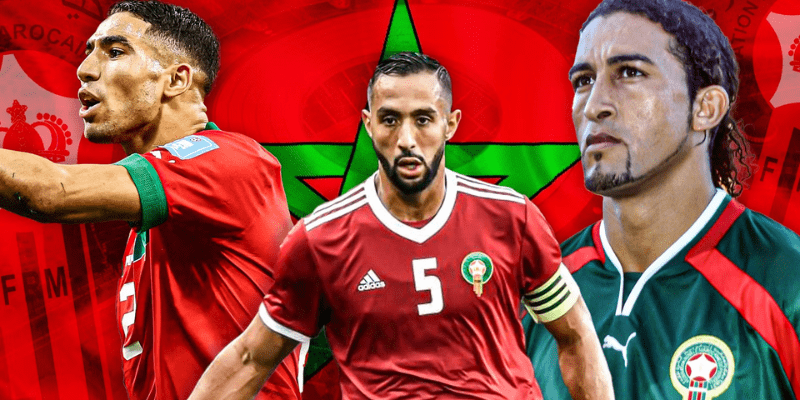
Ranking legends is always subjective — but certain pillars help us judge fairly:
- International impact: Caps, goals (for attackers), leadership in tournaments
- Club success abroad: Titles in top leagues, consistency outside Morocco
- Longevity & influence: Years at top, inspiration for next generations
- Iconic moments: Key goals, performances in finals or world tournaments
If we try a top-10 condensed list (not definitive, open to debate), here’s a possible ordering:
- Ahmed Faras
- Noureddine Naybet
- Larbi Benbarek
- Mustapha Hadji
- Achraf Hakimi
- Hakim Ziyech
- Medhi Benatia
- Hassan Akesbi
- Mohamed Timoumi
- Yassine Bounou
Every Morocco fan will have their own list — but what matters is the pride these names evoke.
The Legacy Continues: Next Generation Stars
As the legends of the past settle into legend status, new stars emerge to add chapters. Players like Brahim Díaz (who recently opted to represent Morocco at international level) show the continued magnetism of the Atlas Lions. The recent Olympic performance — where Morocco’s men’s team won a historic bronze medal — underscores a youth movement that is ready to build new history.
The coming years may see fresh names join the roster of Morocco football legends — midfield maestros, strikers, defenders, goalkeepers — ready to write their own legends in Botola, Europe, and at the World Cup and AFCON stages.
Final Thoughts
Morocco football legends are not just names in a book — they are the beating heart of a nation’s identity on the global stage., each generation has produced icons who carried Morocco’s dreams into stadiums across the world. At KorKick, we hope this panoramic tribute deepyour appreciation for these giants and inspires you to follow new stars rising in their footsteps.
Now it’s your turn: which Morocco legend inspires you most — past or present? Share your top three in the comments, and join us as we continue to chronicle the legends of the Atlas Lions.


